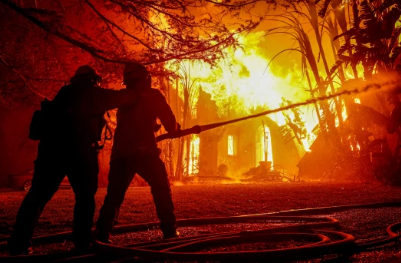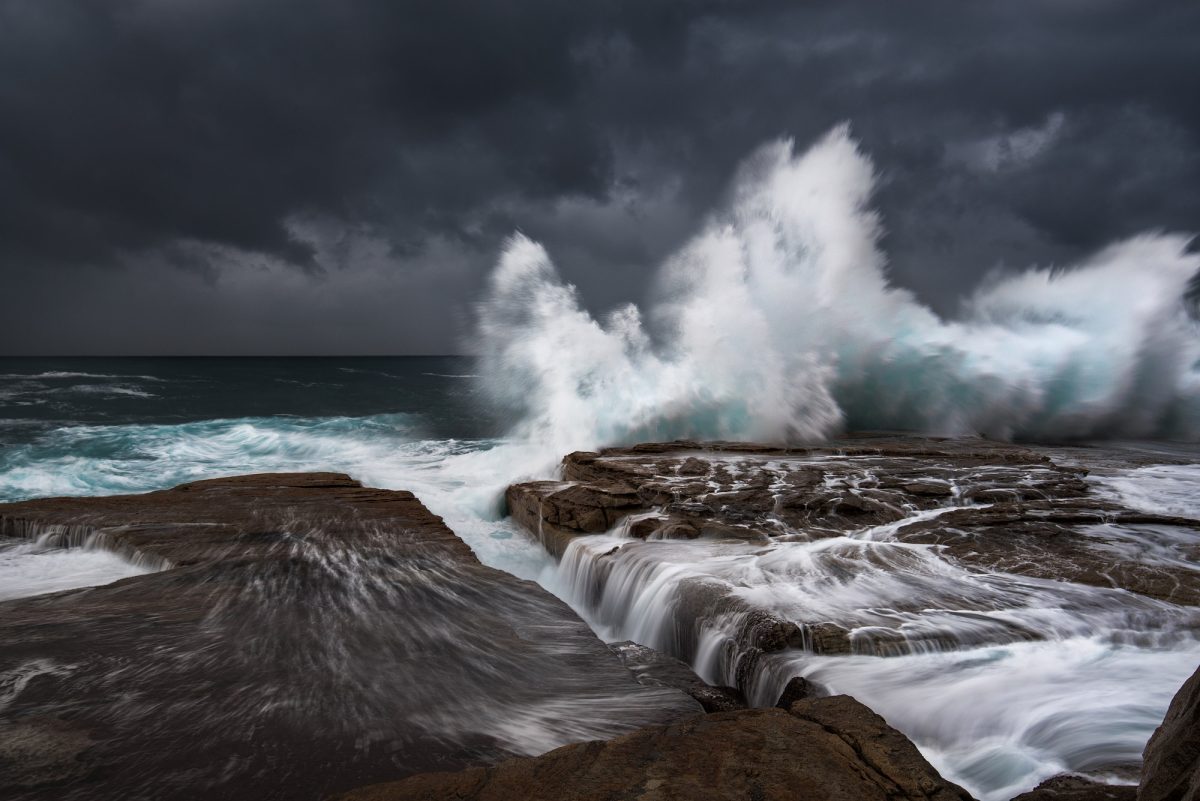“We Can’t Forget Global Warming in 2020”

November 20, 2020
Climate Change: a controversial topic that’s been discussed for many years now. Recently in 2020 so much has been going on with the global pandemic Covid-19, the election, new movements such as BLM, and many more. 2020 has been a full year of very horrific endless events. With these major problems being talked about, older problems have been shoved under the rug. One of those problems is the ongoing issue of global warming. It is not talked about as much anymore, but I feel like it’s something highly important…and here is why.
For starters, what is global warming? Global warming is a rapid rise in temperature on earth. It is caused by an increasing amount of greenhouse gases in the atmosphere, mainly coming from human activities. This is such an important issue only because there are things that can be done to prevent it. Some activities people do that add to this include burning fossil fuels, deforestation, and new farming. The past decade has been the warmest in recorded history. To be specific, “[t]he year 2019 was the second warmest year in the 140-year record, with a global land and ocean surface temperature departure from average of +0.95°C (+1.71°F).” (NOAA- Global Climate Report – Annual 2019). As said in this article, temperatures are just worsening as time passes.
So we now know what global warming is and how it is started, how does this really affect us? Basically, the temperature rise worsens natural disasters including, heatwaves, floods, droughts, and storms. “A warmer climate creates an atmosphere that can collect, retain, and drop more water, changing weather patterns in such a way that wet areas become wetter and dry areas drier.” (NRDC Are the Effects of Global Warming Really that Bad?) More effects from the temperature rise are changes in weather patterns, the melting of ice which is causing sea levels to rise, and unhealthy air moisture. More from the NRDC Global Warming article states that “[t]oday’s scientists point to climate change as ‘the biggest global health threat of the 21st century.’ It’s a threat that impacts all of us—especially children, the elderly, low-income communities, and minorities—and in a variety of direct and indirect ways. As temperatures spike, so does the incidence of illness, emergency room visits, and death.”
Now, what can we do to start preventing the rapid increase of global warming? Some easy things that can be done are to speak up about the issues, reduce wasting water, eat the food you buy and do not waste it, limit meats, buy better bulbs (LED light bulbs), pull plugs out when not being used, and use bikes and take walks when possible. Another task that can be done is to power your house with renewable energy. “Choose a utility company that generates at least half its power from wind or solar and has been certified by Green-e Energy, an organization that vets renewable energy options. If that isn’t possible for you, take a look at your electric bill; many utilities now list other ways to support renewable sources on their monthly statements and websites” (NRDC). You can also shrink your carbon profile. “You can offset the carbon you produce by purchasing carbon offsets, which represent clean power that you can add to the nation’s energy grid in place of power from fossil fuels. But not all carbon offset companies are alike. Do your homework to find the best supplier,” (NRDC).
To sum this all up, SAVE OUR EARTH. There is much we can do that might seem so small and insignificant, but trust me it’s enough and if we all pitch in there’s a chance of helping with this ongoing issue.





























Conor Kelly • Nov 20, 2020 at 2:37 pm
I like that you reminded us that just because there are other concerns right now that global warming is still an issue because I agree, it is. The only good thing to come out of this pandemic was that there were slightly fewer armful emissions being produced. Let’s save our planet!